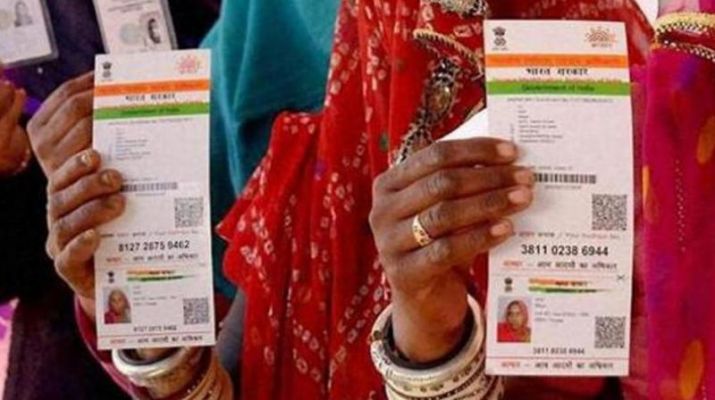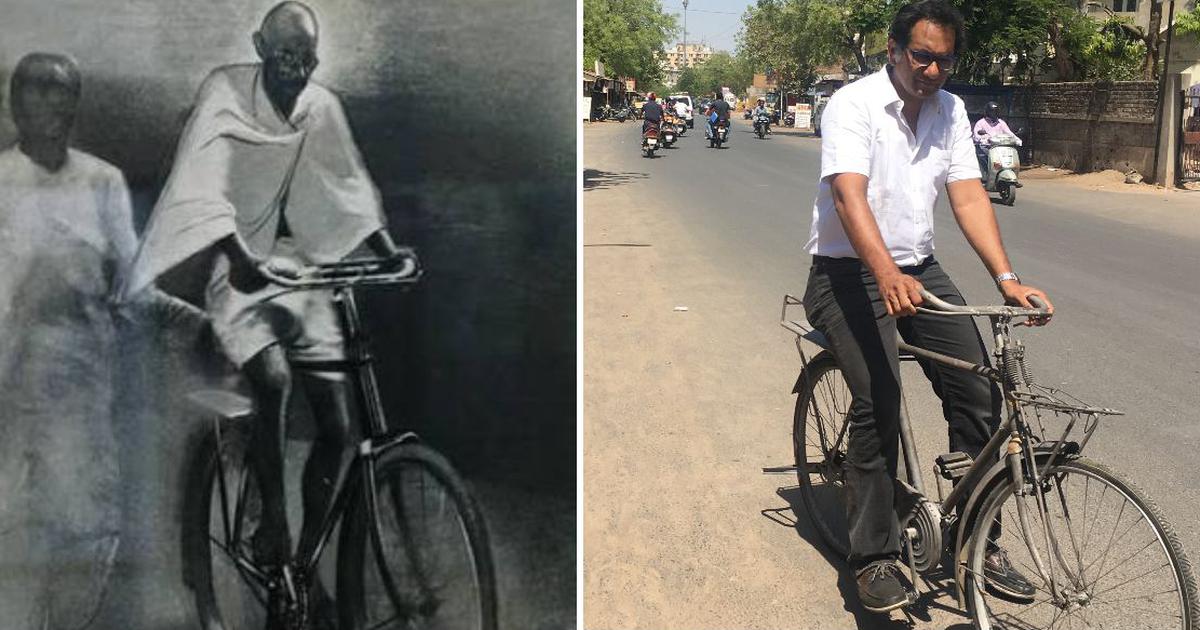 https://www.livelaw.in/breaking-sections-33247-national-security-exception-gone-private-entities-cannot-demand-aadhaar-data/ (Includes full text of the decision.)
https://www.livelaw.in/breaking-sections-33247-national-security-exception-gone-private-entities-cannot-demand-aadhaar-data/ (Includes full text of the decision.)
Sections 33(2),47 & 57 Of Aadhaar Act Struck Down; National Security Exception Gone; Private Entities Cannot Demand Aadhaar Data [Read Judgment] | Live Law
Among the aspects that were ruled unconstitutional:
- Disclosure of information “in the interest of national security” without authorization from a Joint Secretary or higher ranking officer and a Judicial Officer.
- Permitting private entities to use Aadhaar for authenticating their users/customers.
- Disclosure of an individual’s information without providing the individual an opportunity to challenge the order.
The court further held that Section 139AA of the Income Tax Act, 1961 is not violative of right to privacy as it satisfies the triple test (I) existence of a law; (ii) a ‘legitimate State interest’; and (iii) such law should pass the ‘test of proportionality’,
However, the bench held that the move of mandatory linking of Aadhaar with bank account does not satisfy the test of proportionality. It has been also held that Mandatory linking of mobile number with Aadhaar is held to be illegal and unconstitutional as it is not backed by any law.
Justice D.Y. Chandrachud wrote a strong dissent (includes the full text of the dissent) to the ruling’s upholding of the Aadhaar Act’s constitutionality. The bill was passed by classifying it as one that could bypass Rajya Sabha, the Upper House of the Parliament.
“The passing Aadhaar Act as money bill is a fraud on the constitution”, Justice Chandrachud observed. The decision of Speaker to classify a bill as money bill is amenable to judicial review. The judgment also highlighted the importance of Rajya Sabha in passing laws.
“If a constitution has to survive political aggrandizement, notions of power and authority must give compliance to rule of law.”, he observed in his dissenting judgment.
Justice Chandrachud deemed the entire Aadhaar project to be unconstitutional.
“Constitutional guarantees cannot be compromised by vicissitudes of technology”, he observed.
Section 57 of the Act was held to be violating Articles 14 and 21 of the Constitution. Allowing private enterprise to use Aadhaar numbers will lead to exploitation of data.
Holding that Aadhaar had potential for surveillance, it was stated that the architecture posed risk on potential violation of leakage of database. Source code is of foreign corporation. “The data must all the time vest with the individual”, said the judgment. It was held that many provisions of Aadhaar Act provide for invasive collection of biometric data.
 “I don’t think the Mahatma would have approved of our little project.”
“I don’t think the Mahatma would have approved of our little project.”
 https://www.livelaw.in/breaking-sections-33247-national-security-exception-gone-private-entities-cannot-demand-aadhaar-data/
https://www.livelaw.in/breaking-sections-33247-national-security-exception-gone-private-entities-cannot-demand-aadhaar-data/